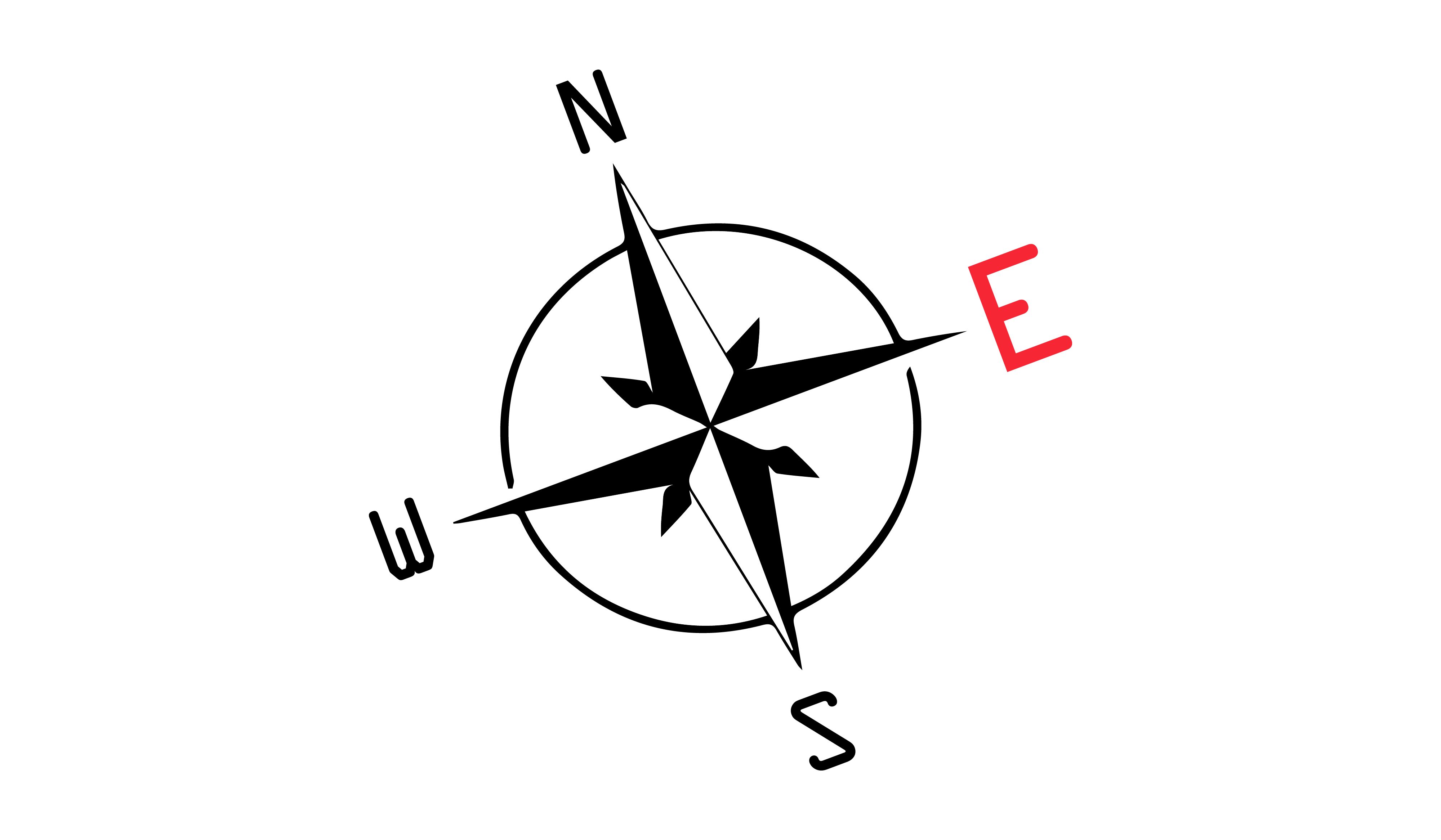When looking East, Asian fintech developments may not seem very noticeable if you look at typically reported investment figures. Accenture estimates that only US$ 700m of a total of $12bn in new investment in fintech went to the APAC region. Rather, the characteristics of the stakeholders and environment in Asia explain its rapid growth and development as a rising fintech hub.
Generally in the APAC region, people are less ingrained to traditional banking due to corruption and inefficiencies, and they are more receptive to alternatives provided by private, non-financial companies. There’s also a digitally savvy young population with mobile devices and a massive untapped market opportunity of 1.2 billion unbanked people. There’s also a growing middle class – by 2030, 60% of the world’s middle class will be in Asia.
Compared to London the market is not very transparent, and the dominance of finance maintains high barriers to entry in the retail banking space, paving the groundwork for the demand and development of fintech. IT spending by traditional banks has been lagging compared to those in Europe or the US because of the slightly less competitive nature of the market, which is still heavily controlled by state-owned banks.
On the regulatory side, most national regulators have initiated a fintech strategy. In Hong Kong the SFC is part of the government’s fintech Steering Group, in Singapore MAS has made a SG$ 260m investment in research, while Southeast Asian countries have implemented new rules on alternative finance (debt and equity). There are also laxer data protection laws, which for example would allow e-commerce platforms to grow into large conglomerates. Governments are also creating “light license” models that only cater to specific banking activities. Korea now has a regime for online-only banks and India is pushing for payment levitra purchase uk banks.
Furthermore, the non-unified regulatory regime (especially compared to Europe) puts B2C fintech companies at a disadvantage compared to B2B companies, as they put the compliance burden to the client, to a certain extent.
There is an infrastructure gap in APAC, whether it’s in telecom or physical banking. For example, the branch/ATM distribution in the APAC region is nowhere near where Europe the US are right now, paving the way for mobile-based financial services to be the most cost-effective solutions.
China is a good example of the characteristics discussed above, along with a government heavily involved with the market. In less than 50 years, China went from a mono-banking model to having over 80 banks, 2,000 P2P lending platforms, 5 new private banks (e.g. mybank, webank), and another 40 in the pipeline. To put things in perspective – the UK took over a 150 years to issue a new retail banking license (Metro Bank in 2010). In addition, the Chinese government’s recent Internet Finance Guidelines will help promote further growth.
The future of fintech shines bright in Asia, in certain ways even brighter than in the EU and US.
[box type=”shadow” align=”” class=”” width=””]

Janos Barberis’ expertise regards the new regulatory considerations generated by the development of the fintech sector. He founded FinTech HK, which he established to spur Hong Kong’s fintech eco-system. This led him to produce Hong Kong’s first fintech report viewed over 17’000 times. He was appointed as a Senior Research Fellow at the Asian Institute of International Financial Law (at The University of Hong Kong) specifically focusing on developing regional fintech regulatory frameworks. In parallel, Janos sits on the advisory board of the World Economic Forum’s (WEF) FinTech Committee.
[/box]




